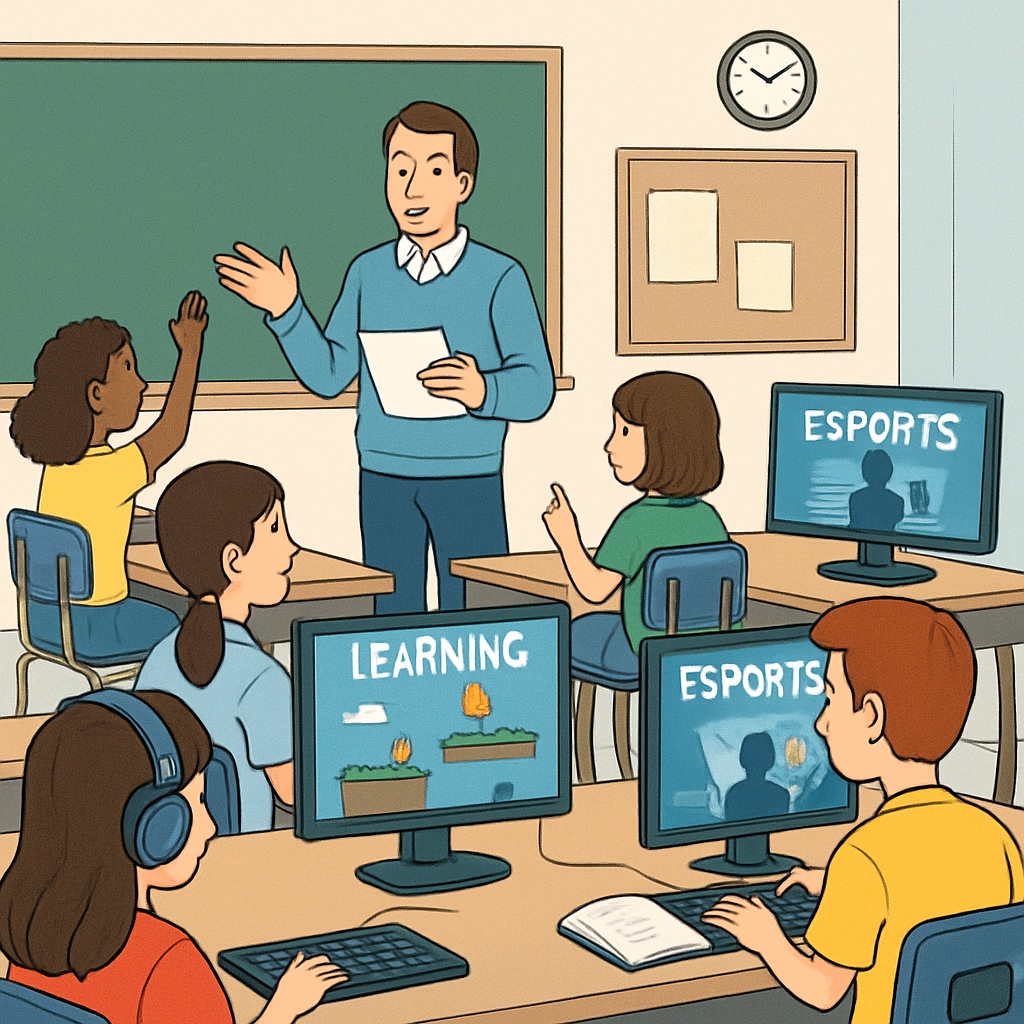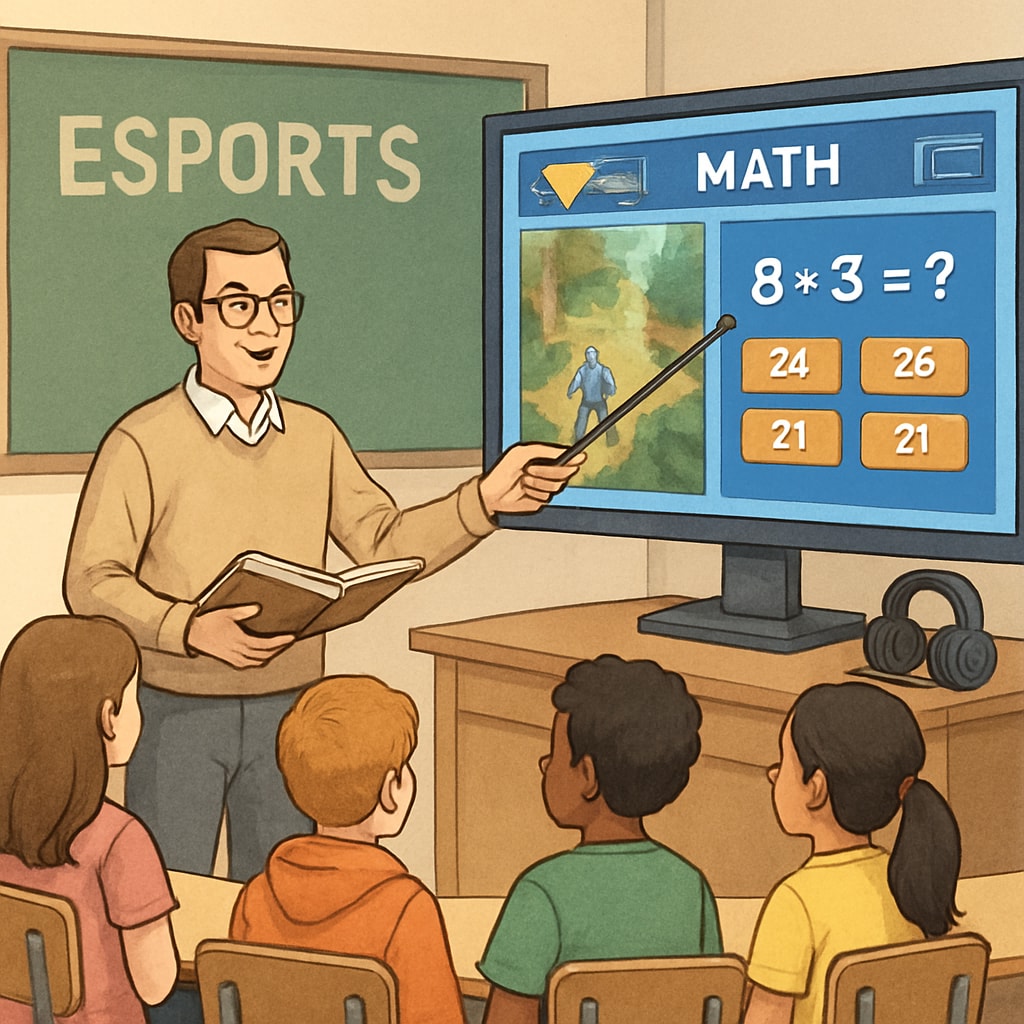Esports, game-based learning, and education innovation are transforming traditional education systems. The strategic partnership between GameClass and the North America Scholastic Esports Federation (NASEF) has pioneered a groundbreaking approach, bringing game-based learning to over 9,000 esports clubs worldwide. This collaboration bridges the gap between students’ passion for gaming and the need for effective educational engagement, reshaping K12 learning experiences.

Esports as a Catalyst for Educational Engagement
Esports (competitive video gaming) has grown into a global phenomenon, captivating millions of students. By tapping into this enthusiasm, educators can leverage gaming as a tool for fostering student participation and engagement. For example, esports-themed lessons can enhance collaboration, critical thinking, and problem-solving skills—key competencies for the modern workforce. Furthermore, integrating gaming into schools enables educators to connect core academic subjects, such as mathematics, language arts, and science, with students’ interests.
GameClass and NASEF exemplify this approach by providing educators with esports-based curricula that align with learning standards. Their resources include lesson plans, interactive activities, and professional development opportunities for teachers. These materials not only introduce students to the world of competitive gaming but also help them explore real-world applications of academic concepts.

Game-Based Learning: The Innovative Path Forward
Game-based learning (GBL) integrates educational content into gaming frameworks, creating immersive and interactive experiences. This approach has proven effective in breaking down complex topics and making learning enjoyable. Esports clubs, supported by GameClass and NASEF, serve as ideal environments for implementing GBL, where students can seamlessly blend learning with play.
Key benefits of game-based learning include:
- Improved motivation and engagement: Students are more likely to participate in lessons that incorporate their interests.
- Enhanced collaboration: Multiplayer games encourage teamwork and communication.
- Real-life skill development: Gaming fosters problem-solving, decision-making, and strategic thinking.
- Accessibility: Digital platforms make learning materials available to diverse student populations.
As a result, educators and institutions are increasingly adopting esports and GBL as complementary teaching methodologies, setting a precedent for future innovations in education.
Readability guidance: Short paragraphs and lists enhance clarity. Transition words like “however,” “in addition,” and “as a result” ensure smooth flow between ideas.


